It may very well be the nostalgia speaking.
High School Musical (2006)
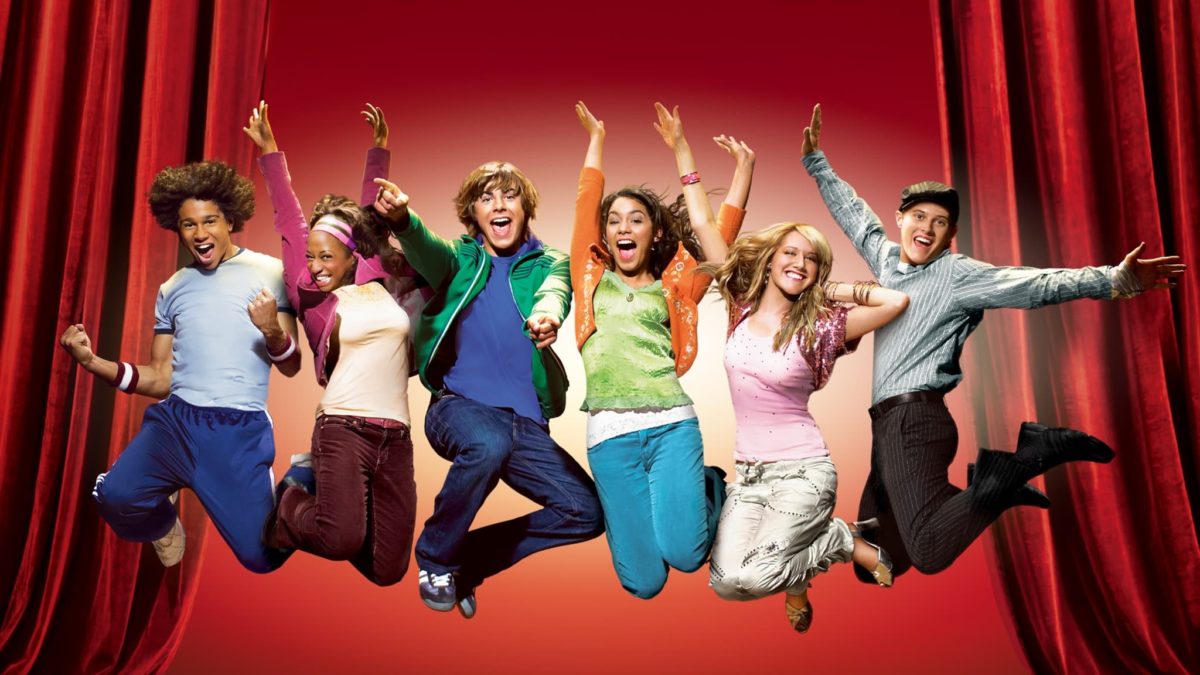

It may very well be the nostalgia speaking.
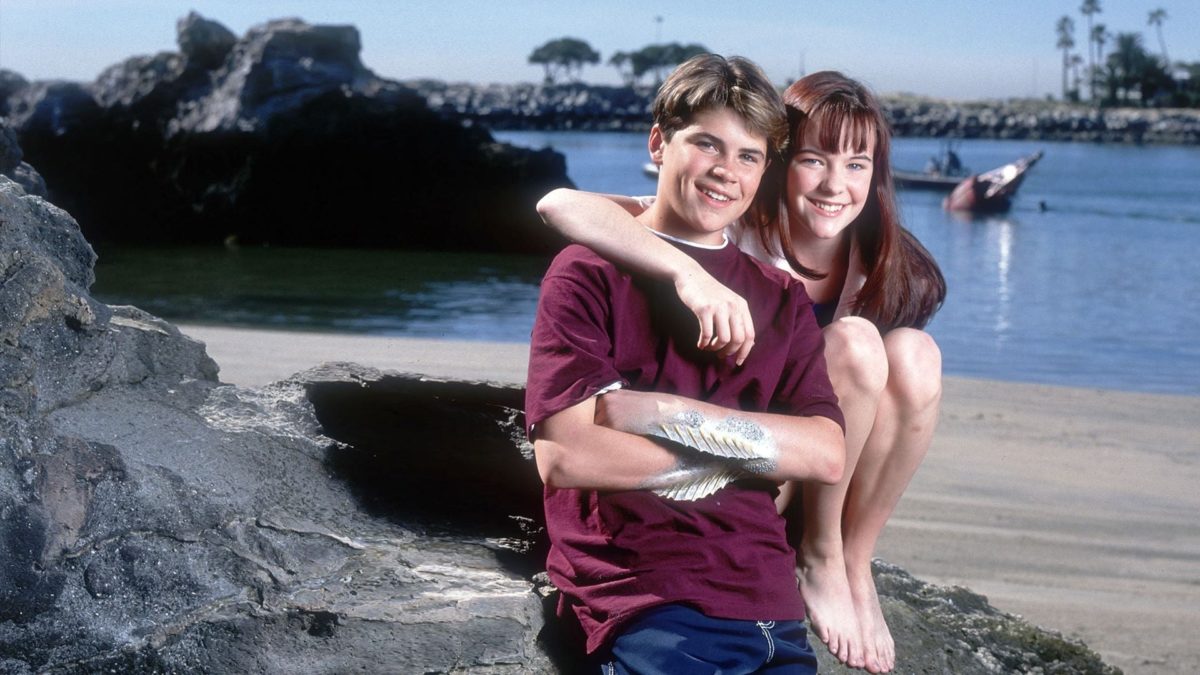
This Disney Channel Original Movie takes a very intriguing premise — boy begins transforming to merman on his thirteenth birthday and tries to hide it from the world; very clearly a metaphor for coming out as gay in 1999 — and makes it so damn boring.
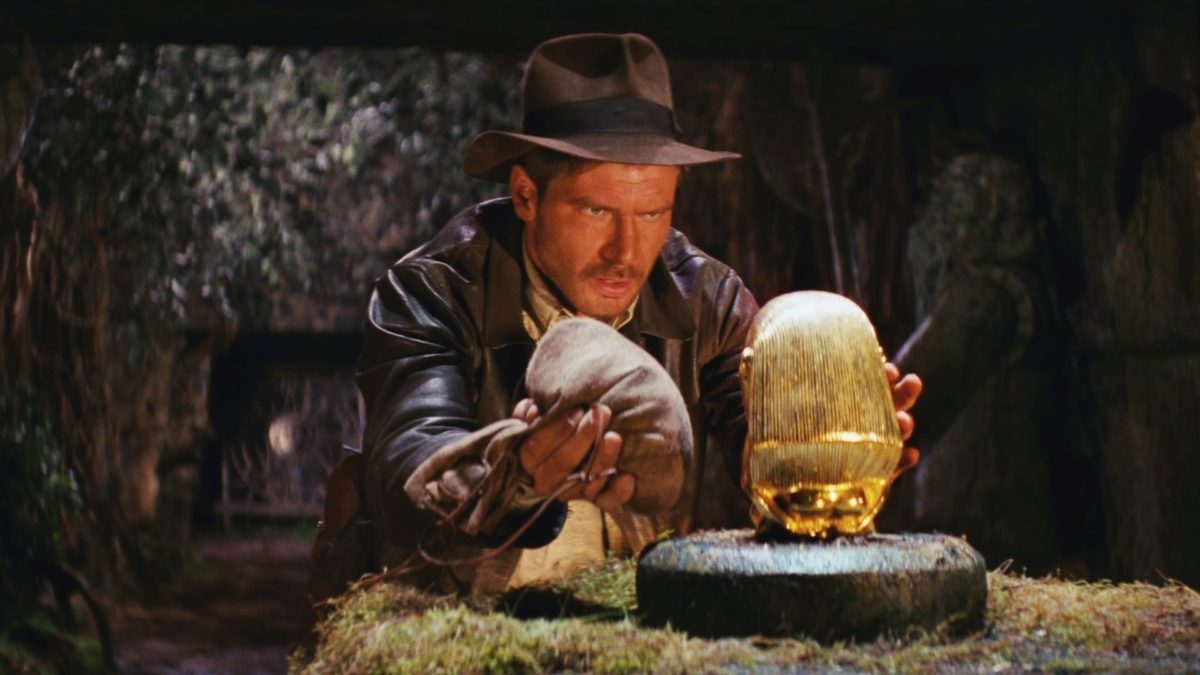
There are maybe fifty different places you could start when talking about Raiders of the Lost Ark.
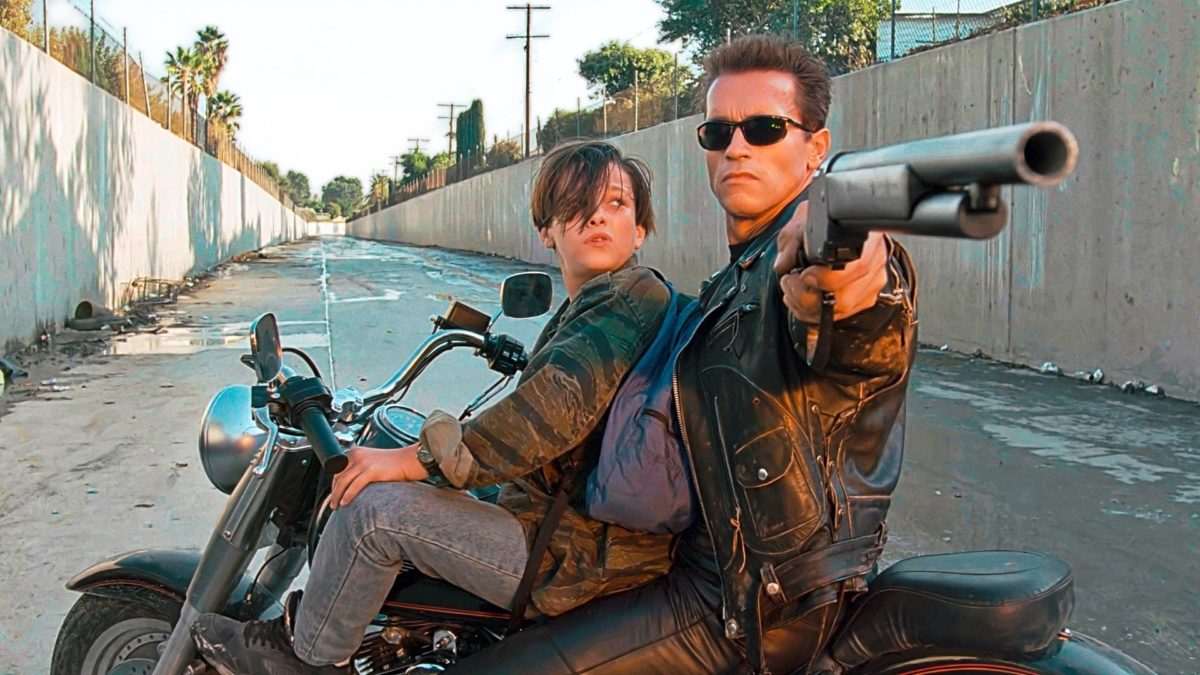
Terminator 2 bungles two narrative devices in its opening half hour, and it leaves me ever-so-slightly sour on the film for the rest of its runtime.

Finding Nemo is one of my favorite movies and does a lot of things right, but there is one specific thing that I think it does better than any other movie in cinema history:
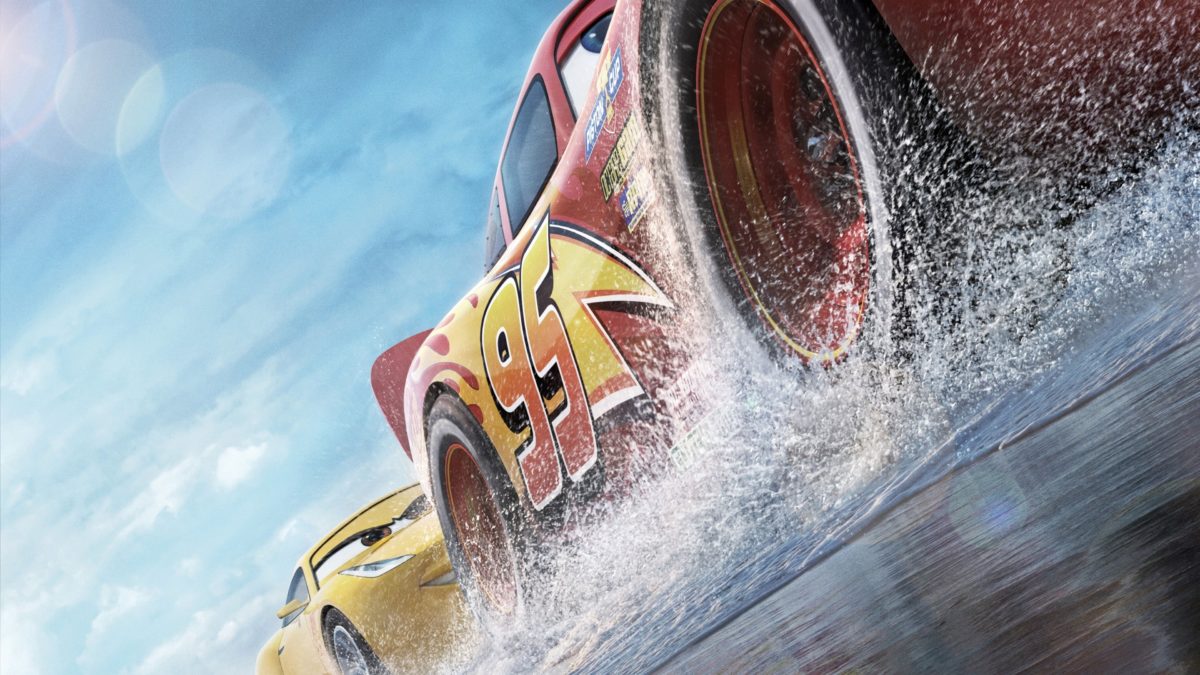
There’s an alternate universe where a version of Cars 3 not too different from its current form is an “Exceptionally Good” movie, an elegaic conclusion to a trilogy that used racing and talking cars to explore the ways we define our personal parameters of success in an increasingly fast-paced and polarized world.
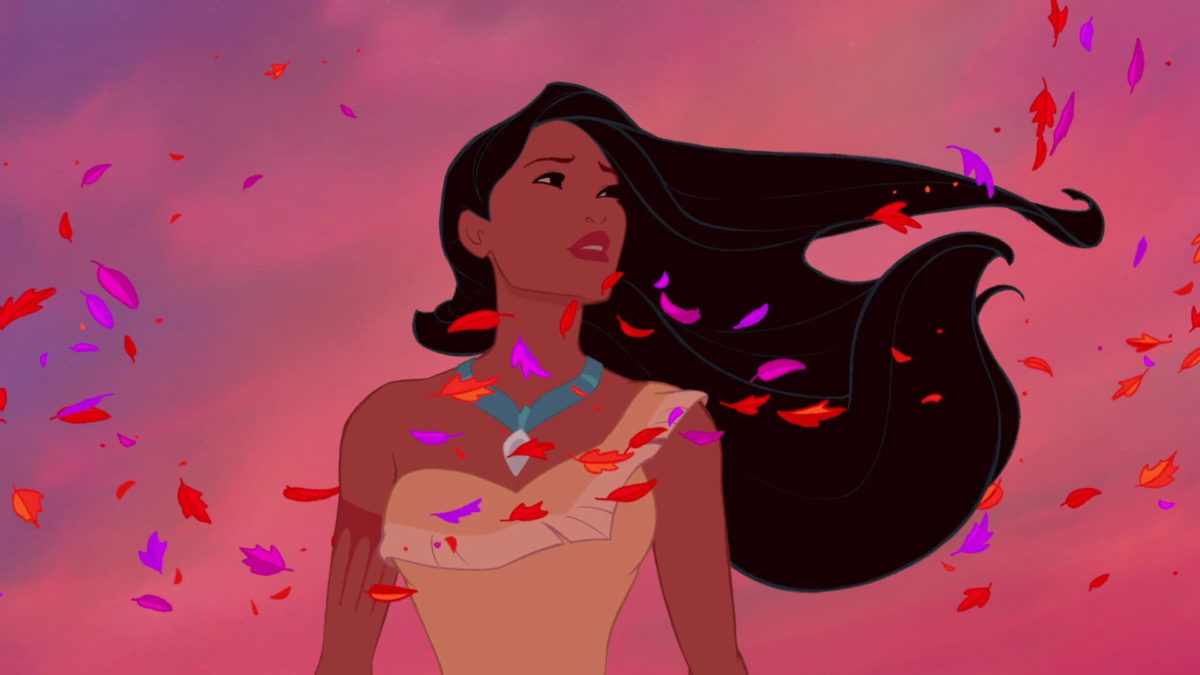
It’s hard to think of a movie with more wasted potential: Disney at its peak Renaissance powers, following a string of more-or-less masterpieces, releasing a catastrophic misfire.

There’s one thing I unabashedly enjoy about Pixar’s worst film to date: The almost pornographic way it raises uncomfortable questions about the cosmology of the Cars world.

I am smitten with Luca even though it’s a bit rough around the edges and takes some time to get going.
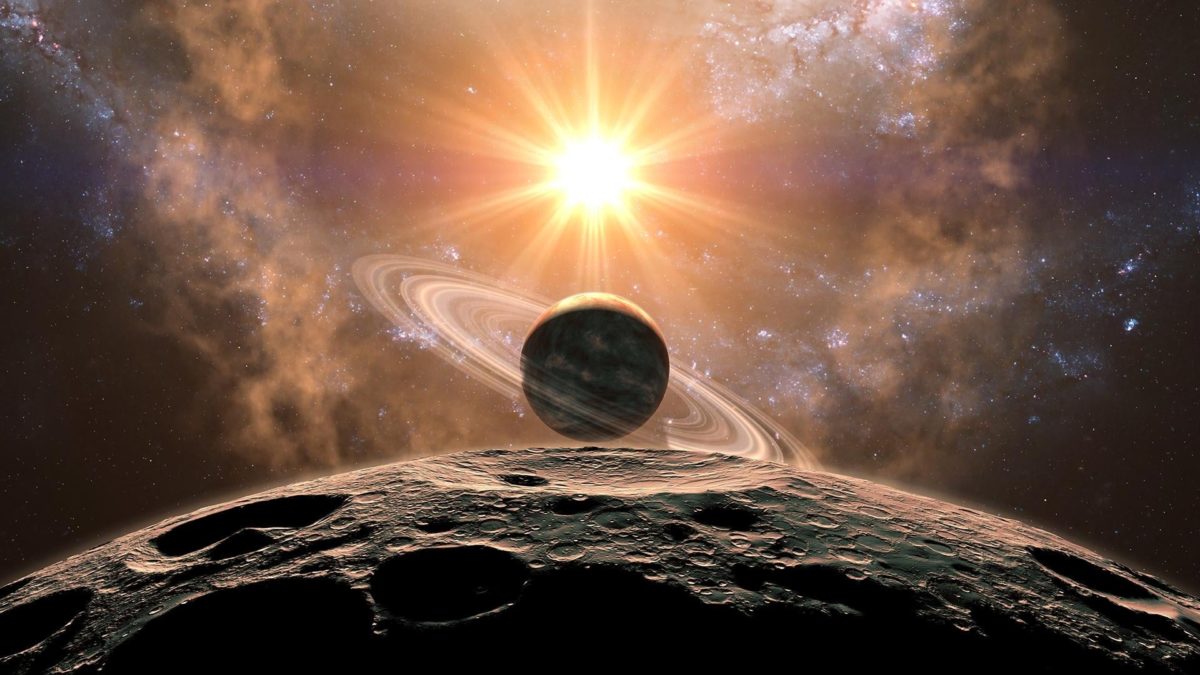
They used to occasionally show us these kinds of documentaries in high school and college classes (probably when the teacher had a hangover).